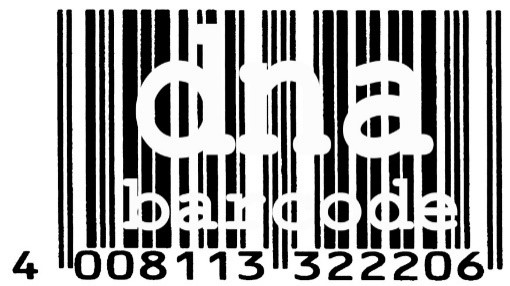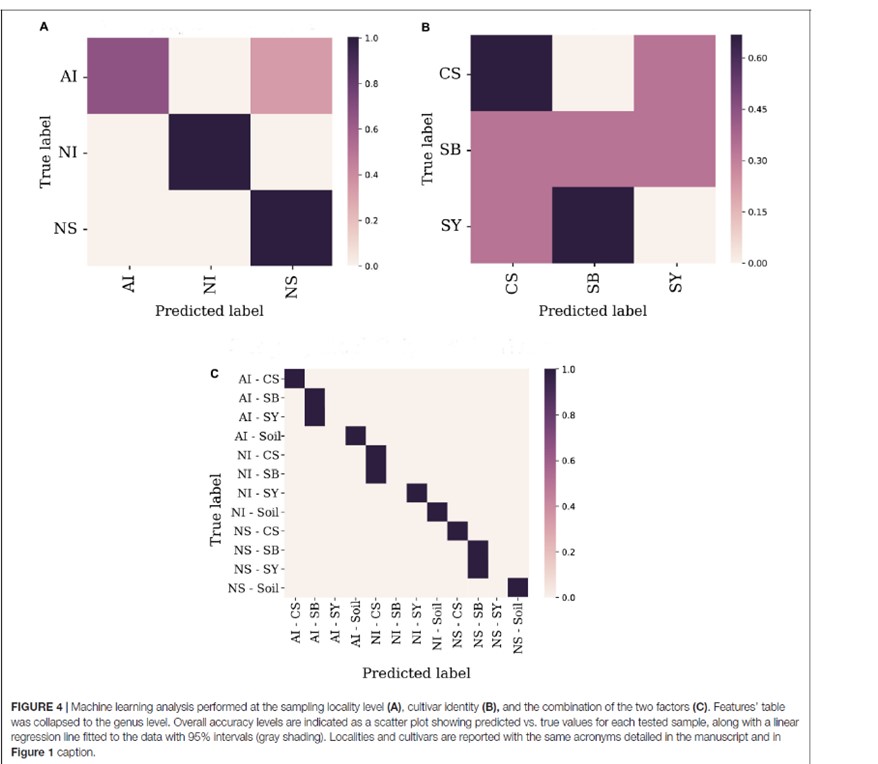Department of Biotechnologies and Biosciences
Massimo Labra coordinated the “Vivaio Bicocca” project (https://zooplantlab.unimib.it/progetto-vivaio-bicocca/), aimed at developing initiatives in urban green areas to promote the ecological transition. The project involved territorial analysis, identifying the neighborhood’s needs, and defining targeted actions to enhance biodiversity, the ecosystem services it provides, and ecological connectivity. As part of this project, the biodiversity pond (a wetland area with plants, dragonflies, and amphibians), the biodiversity wall (a structure designed to host nests or shelters for insects, reptiles, and other animal groups), and the pollinator path (flower strips and beds connecting green spaces) were created.
The project also included communication and dissemination activities. More details are available on the Vivaio Bicocca website (vivaiobicocca.unimib.it).
Andrea Galimberti led the “Connessioni di Valore” project (https://zooplantlab.unimib.it/progetto-connessioni-di-valore/), dedicated to promoting Lombardy’s agricultural supply chains. In addition to investigating the production and quality aspects of medicinal plants, cultural aspects and distribution methods were also considered. The project examined the collective system of production, procurement, and home delivery of healthy agricultural products, produced with equity and social justice principles, while ensuring environmental protection and enhancing ecosystem services linked to local biodiversity. It involved the development of a wide network in the regional territory, the creation of connections between purchasing groups and local cooperatives, and the promotion of medicinal and aromatic plant crops, along with territorial regeneration actions supporting both beekeeping and local pollinator insect communities and other organisms involved in ecosystem regulation services.
Since 2022, Massimo Labra and Ilaria Bruni have been overseeing the “Sustainable Food Security” project (https://zooplantlab.unimib.it/progetto-seguridad-alimentaria-sostenible/), which aims to contribute to the development of El Salvador through sustainable production processes, sustainable nutrition, women's socio-economic empowerment, political advocacy, and technological innovation. The project has implemented actions to strengthen the agro-food supply chain in local systems and conducted cultural analyses of the supply chains and processes. One of the key strengths is the technology used to analyze and enhance local typical products and to implement product traceability.


Antonia Bruno developed the “Seatraceomics: food traceability from sea to plate” project (https://www.bicoccalumni.it/it/storie-di-bicoccalumni/bicocca-starting-grant-seatraceomics--24). The project aims to study the quality and origin of seafood to prevent food fraud and improve sustainable exploitation policies and the protection of fish stocks. The research intends to use “omics sciences,” based, for example, on DNA analysis, to investigate the environmental imprint on the organisms under study, providing essential information for traceability. These same approaches can also be adopted to analyze the biological interactions affecting works of art and identify the agents of deterioration, such as bacteria, fungi, or algae.
